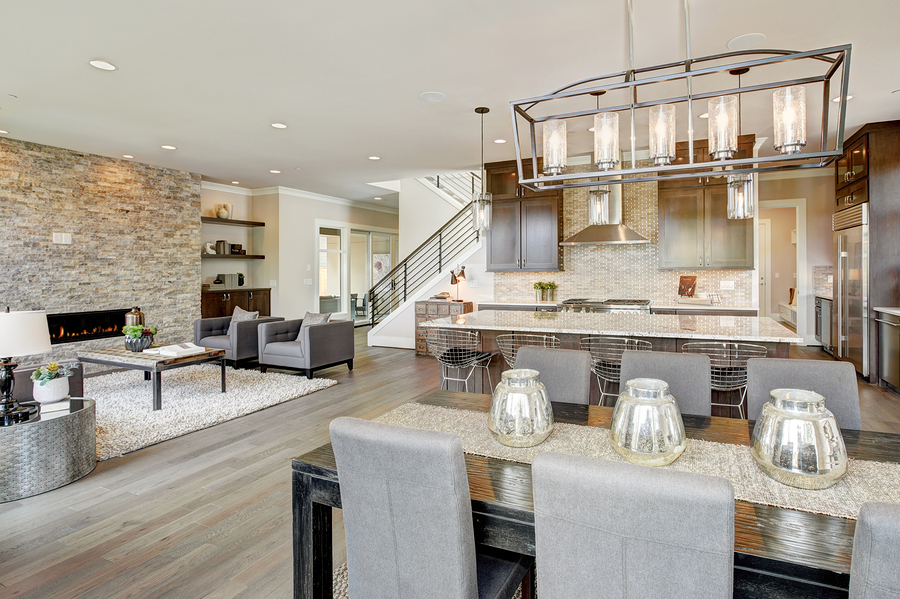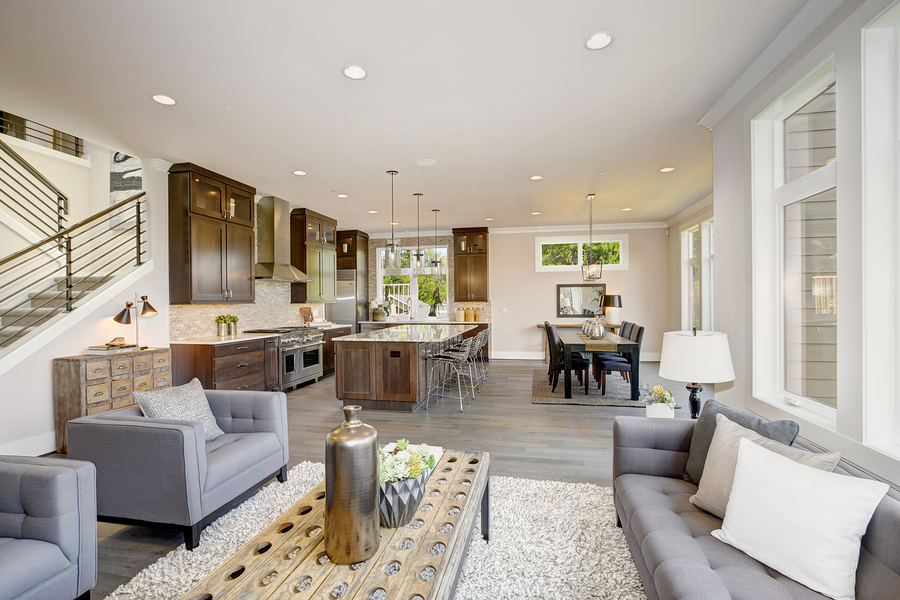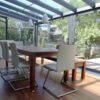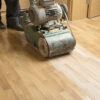Whether you’re searching for flooring for your home or workplace, it’s important to know some of the most important aspects and qualities of the floor that you’re purchasing.
Although many people like the idea of solid hardwood flooring, in certain situations, it is not always the most ideal kind of flooring to choose, which is why many people turn to engineered flooring options.
So how long can you expect an engineered floor to last?
The good news is that since engineered floors are extremely durable if looked after properly, they can last for decades.
Thanks to the composition of engineered flooring, which consists of multiple core pieces of plywood, HDF, or softwood, topped off with a beautiful layer of hardwood, it means that engineered flooring can last for up to 30 years in the right conditions.
But how can you look after an engineered wood floor?
If you want to enjoy your floor for all the years to come, the great news is that it is easy to both clean and to maintain.
By keeping it clear of dirt and dander on a daily basis, whether from a hoover or a good sweep, you can ensure to keep it in the best of health.
Just like any other floor however, it’s also worth keeping heavy furniture on rugs and matts around all entrances to keep the upper layer and finish of the floor intact for as long as possible.
What happens if an engineered floor gets scratched?
Although engineered floors are in fact highly durable, it is the case that sometimes they can get scratched.
However, the good news is that our quality engineered flooring can be sanded and refinished on more than one occasion.
If you choose an engineered floor that is complete with a wear layer that is at least 4mm thick, you can sand and finish it at least four or five times during its lifespan.
Can engineered wood flooring resist high amounts of traffic?
Although there tends to be a misconception that engineered flooring isn’t as resistant or as durable as solid wood floors, the truth is that thanks to their specialised construction, they can experience large amounts of footfall without issue.
What’s more, the flooring is also great for rooms that tend to experience large amounts of temperature and moisture change, as engineered can stand up to damp and heating systems, which means that they are also great for underfloor heating systems.
Does a floor’s finish make a difference?
Typically, you can get a floor that is either oiled or lacquered, but it’s also possible to get an unfinished wood floor so you can apply your own oil, lacquer or stain.
A lacquered floor is protected from everyday scrapes and finishes and can often have a slight shine to it. However, a lacquered floor can wear down a little easier than a floor with an oiled finish.
An oiled finish soaks into the top layer of wood, meaning that it can be less shielded from daily spillages, but is known for offering a deeper level of protection on a whole.
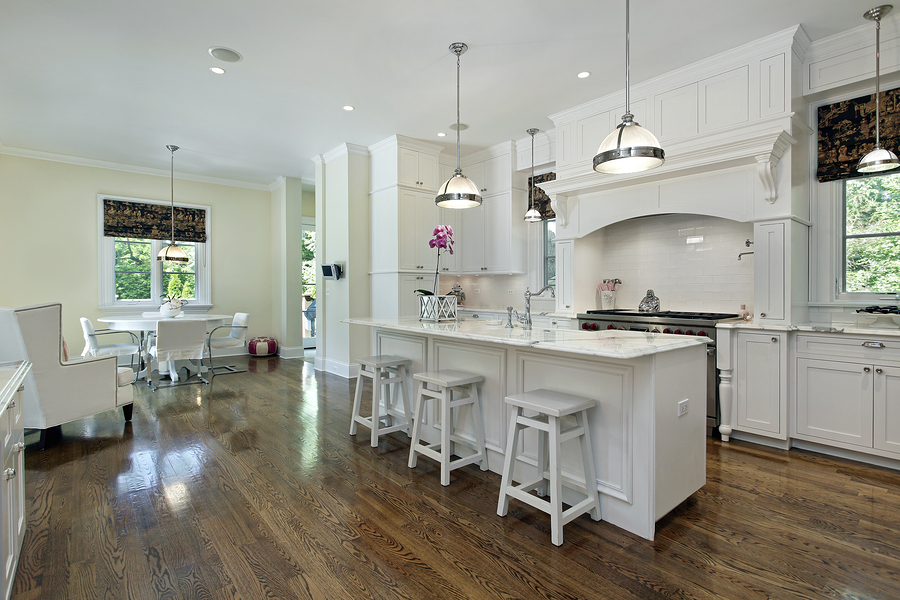
If you’re searching for a solid wood floor for your home and want to know what is the best type for you, or anything else at all, be sure to check out our contact page.
